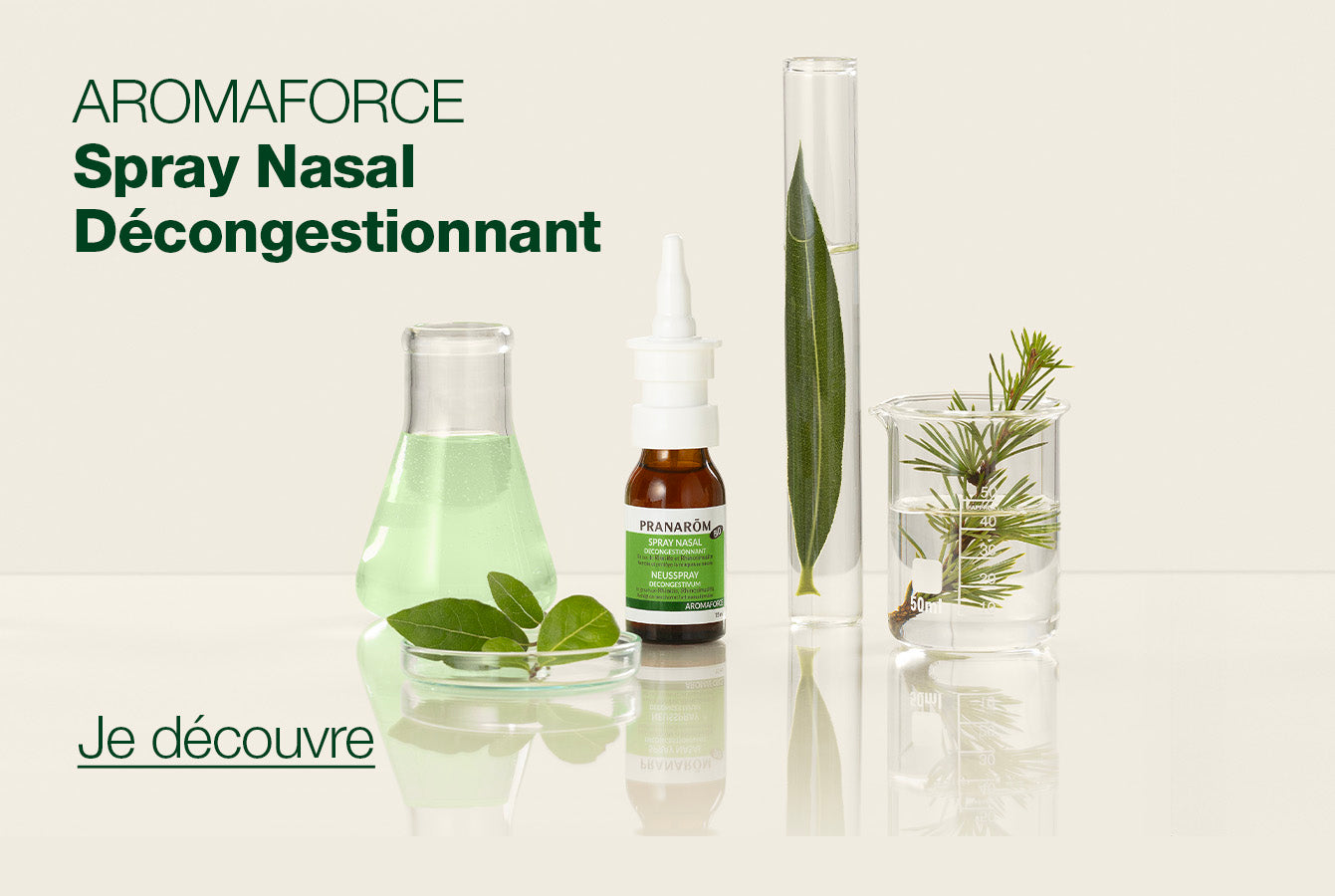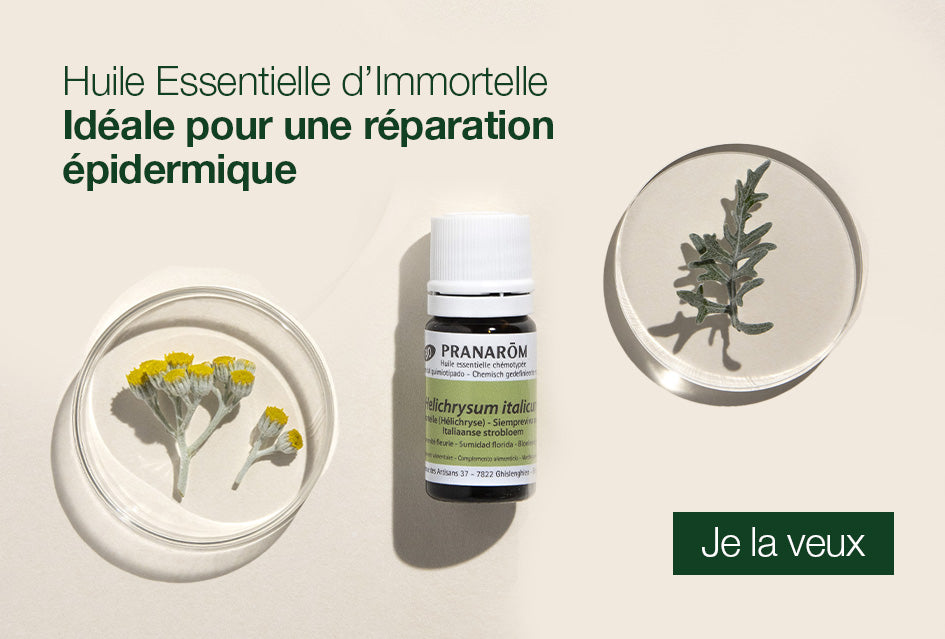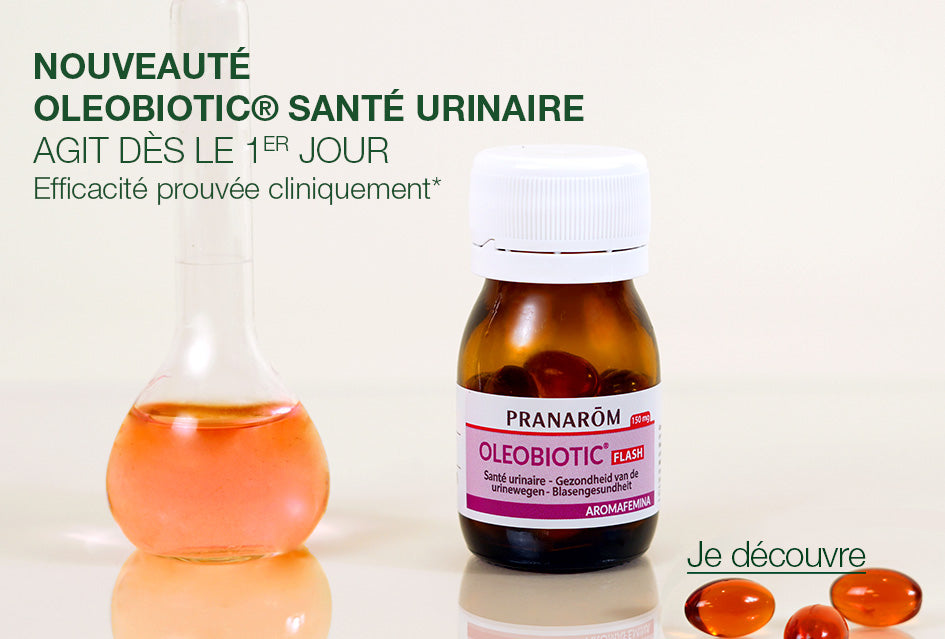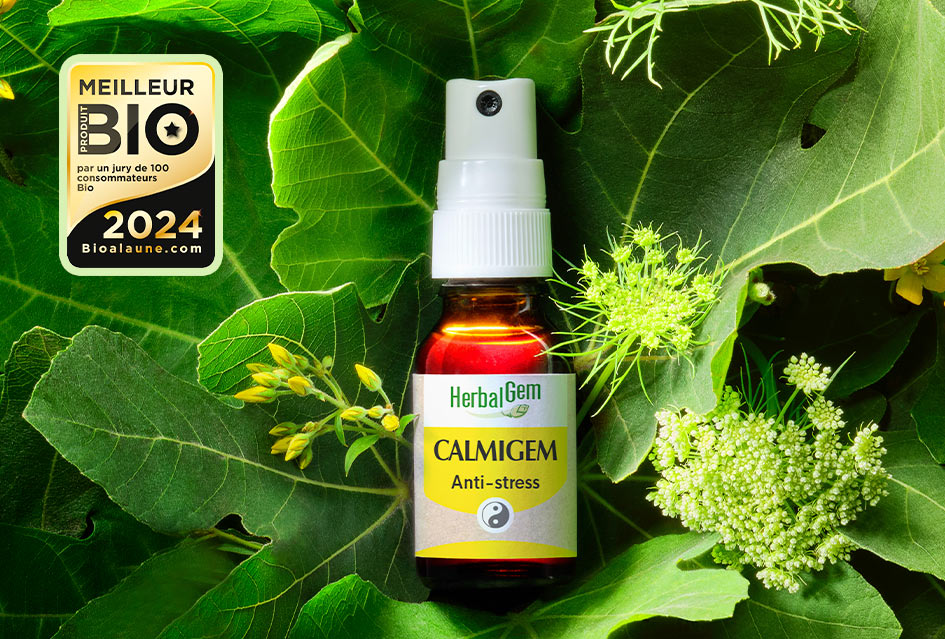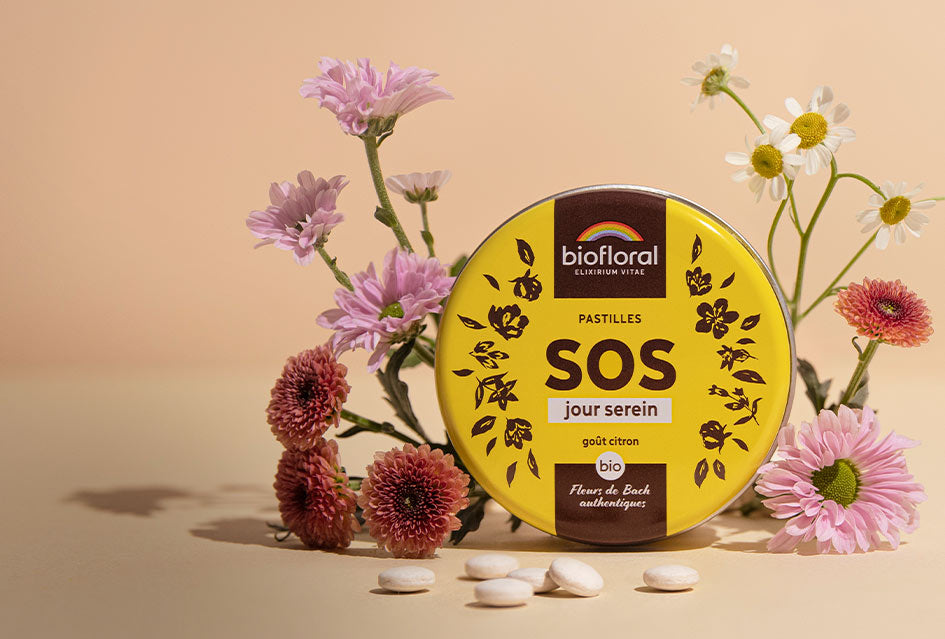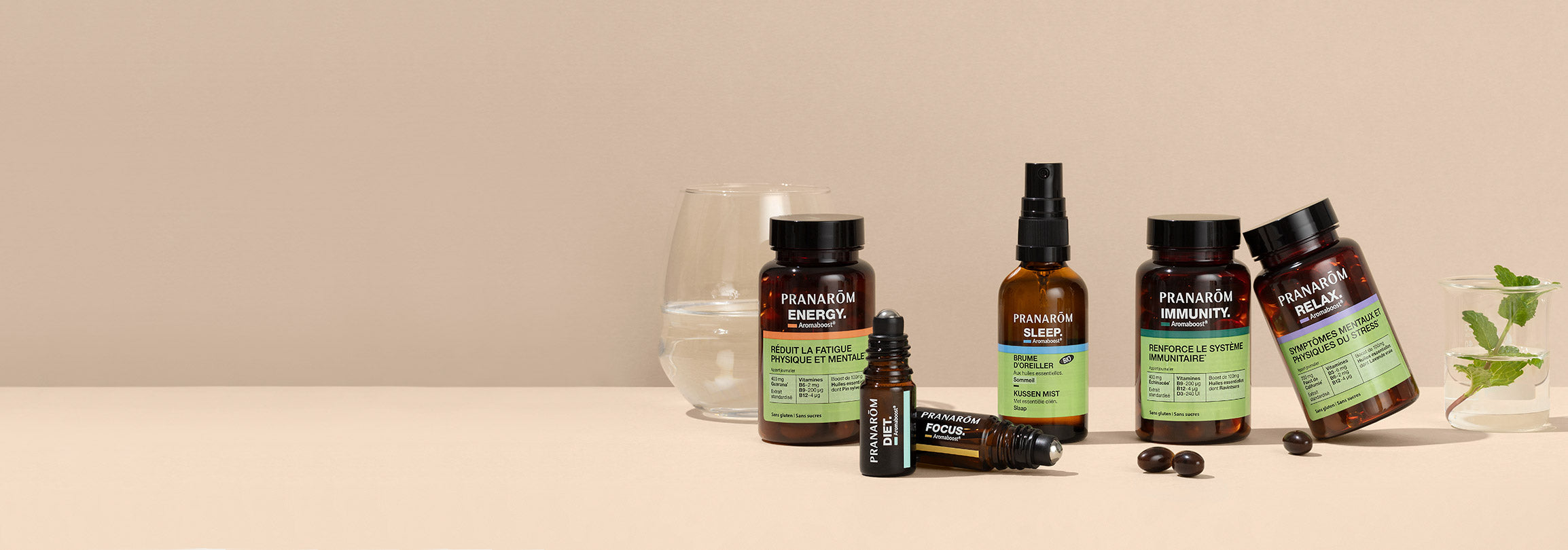A clinical study shows that peppermint Essential Oil is as effective as a dose of 1 gram of Paracetamol in relieving headaches linked to nervous tension*.
According to the WHO (World Health Organization), headaches linked to nervous tension are pains that affect more than 80% of the population of industrialized countries. This is the nervous tension headache, a headache secondary to psychogenic factors which are mainly dominated by stress, fatigue and anxiety. Most often, patients treat themselves by taking painkillers such as paracetamol. However, you can also opt for a natural alternative and use Essential Oil for headaches.
The causes of headaches and migraines
Physical causes
To know when to use Essential Oil for headaches, here are the main physical symptoms to identify in adults:
- Tension in the neck;
- Bad posture ;
- Eye fatigue or poor eyesight;
- Stiffness of all kinds;
- Teeth ache ;
- Dehydration.
Alcohol abuse and its impact on metabolism is also a major cause of headaches.
Infectious causes
Infectious causes can also lead to pain in the head and neck. Flu, rhinitis and other ENT disorders can cause head pain, often associated with fever and some drowsiness.
Do not let evil take hold by taking rest
When the headache begins, you should ideally stop your activity and relax, lie down in a quiet, dark room and try to sleep. A cold compress on the back of the neck or a warm bath can also help reduce pain. But we know that it is sometimes difficult to implement this in our hectic lives, especially for a headache often perceived as benign by those around us. This is the reason why Essential Oil for headaches can become a real daily ally.
The advantage of Essential Oils? A 100% natural remedy
Essential Oil for headaches has soothing properties and stimulates blood circulation to oxygenate your brain and reduce compression of the forehead, temples, and neck. This anti-migraine solution also offers a much more subtle action.
Since headaches have extremely variable origins, a simple painkiller does not always succeed in relieving them. While using essential oils to calm a headache will allow you to act as close as possible to its cause or origin. Even better: targeting and combining several essential oils in a mixture, in well-defined doses, allows you to combine different properties necessary to avoid headaches. The plant active ingredients then work in synergy for maximum efficiency on your system.
Which Essential Oil for headache?
Peppermint Essential Oil thanks to its lively and fresh effect, it offers rapid relief and a feeling of immediate well-being. Simply massage 1 pure drop onto the temples, away from the corner of the eye, 3 or 4 times a day if necessary. In a few minutes, the first effects should be felt. However, pregnant women and young children should strictly avoid this essential oil.
Organic Exotic Basil Essential Oil also helps relieve muscle tension and pain, while fragrant Wintergreen Essential Oil provides anti-inflammatory action.
If you are looking for a natural remedy for your headaches, Lemon Eucalyptus Essential Oil can be your ally. Its skin application is simple: dilute one drop of this essential oil with four drops of a vegetable oil of your choice. Gently massage this preparation onto the painful area. You can repeat this action every hour until the headaches subside.
The multiple virtues of lavandin essential oil include anti-inflammatory, analgesic, local anesthetic, soothing, anxiolytic and sedative properties. However, it is its effectiveness in reducing headaches that particularly sets it apart. Often recommended to relieve headaches, it is also appreciated for its ability to soothe stress and anxiety, providing a natural source of comfort and serenity.
A few drops of anti-headache essential oils are also very effective against stress, thanks to the action of the aromatic molecules which compose them and which have a calming effect on the nervous system, but also by the power of their smell on our brain.
The essential oils of Little Grain of Bigarade, Lemongrass, Lavandin super (lavender), chamomile or Ylang Ylang can, added to the essential oils mentioned above, promote the relief of pain.
Be careful though: if you don't like the smell of an essential oil, don't force yourself. This is the magic of nature: each individual is unique and so is the subtle alchemy that binds them to the essential oil. Treating yourself with essential oils means taking care of yourself naturally, and returning to listening to yourself! Do not hesitate to consult our article on olfactotherapy to form your own opinion.
*parameters. Cephalalgia 1994 Jun; 14 (3): 228-34; Gobel H, Schmidt G, Soyka D. Effect of peppermint and eucalyptus oil preparations on neurophysiological and experimental algesimetric headache Kopfschmerzes vom Spannungstyp (in German). Nervenarzt 1996. Aug; 67 (8): 672-81.


